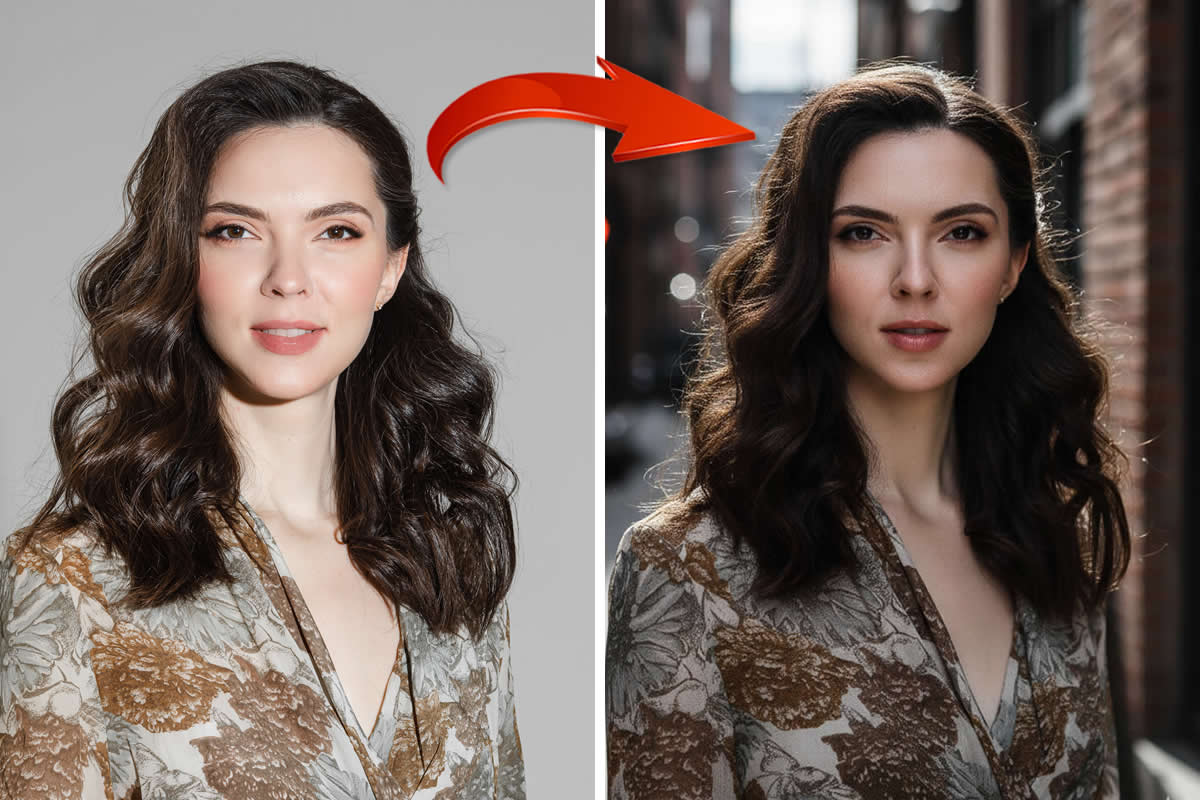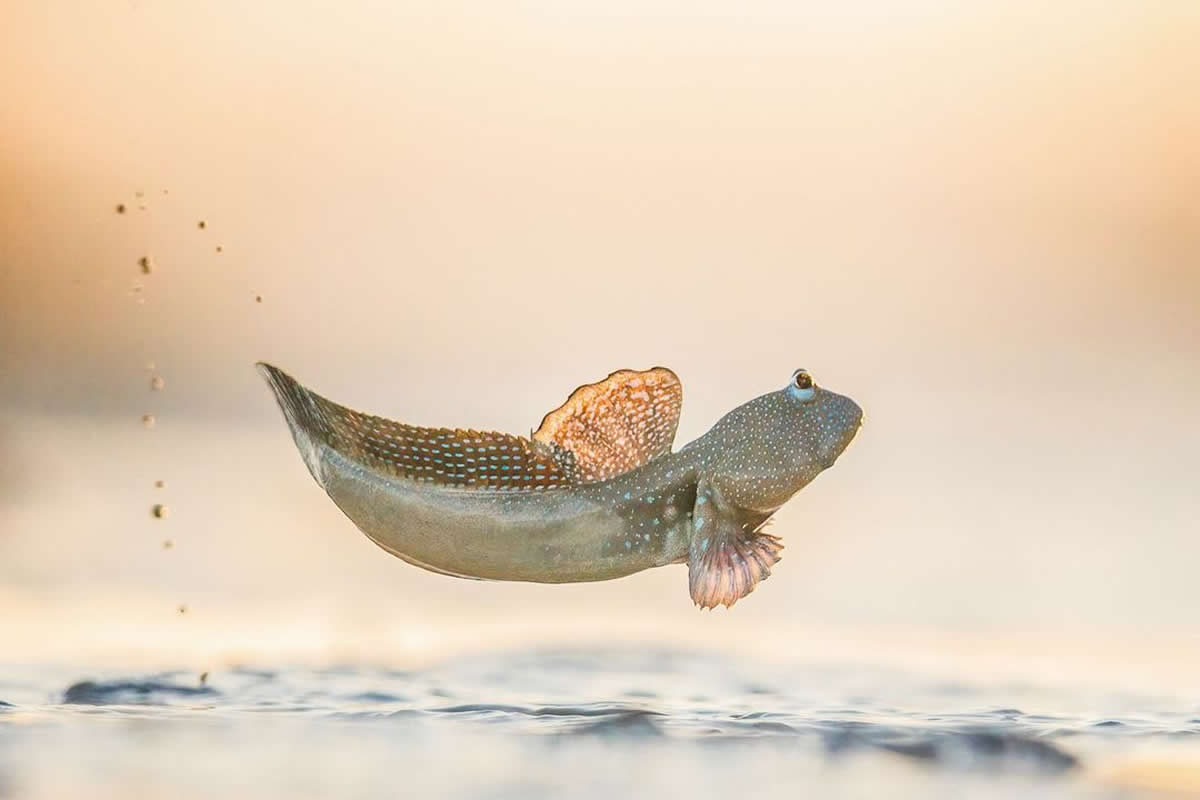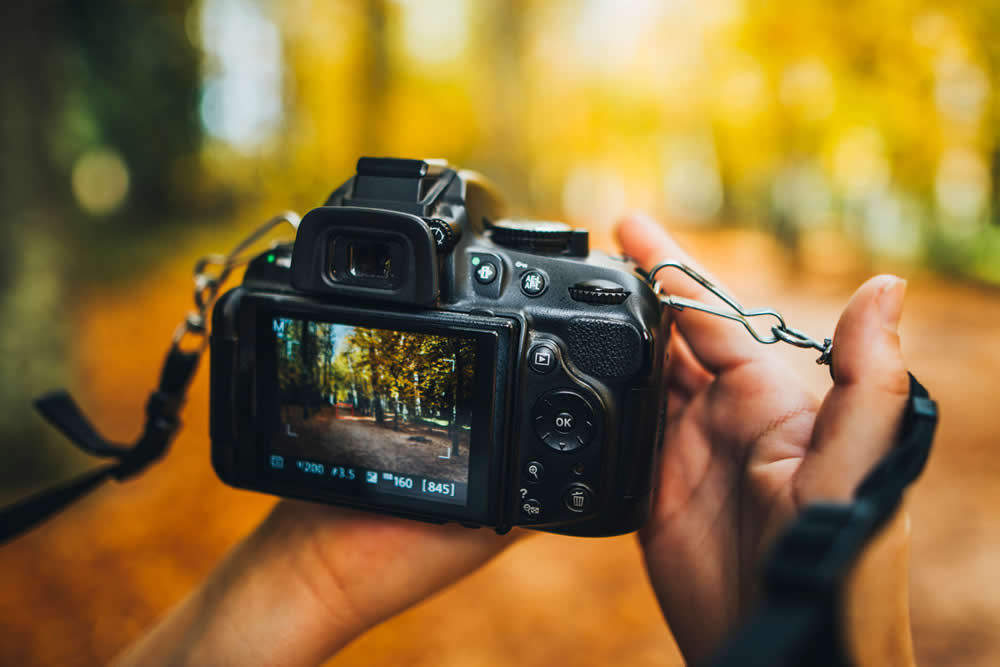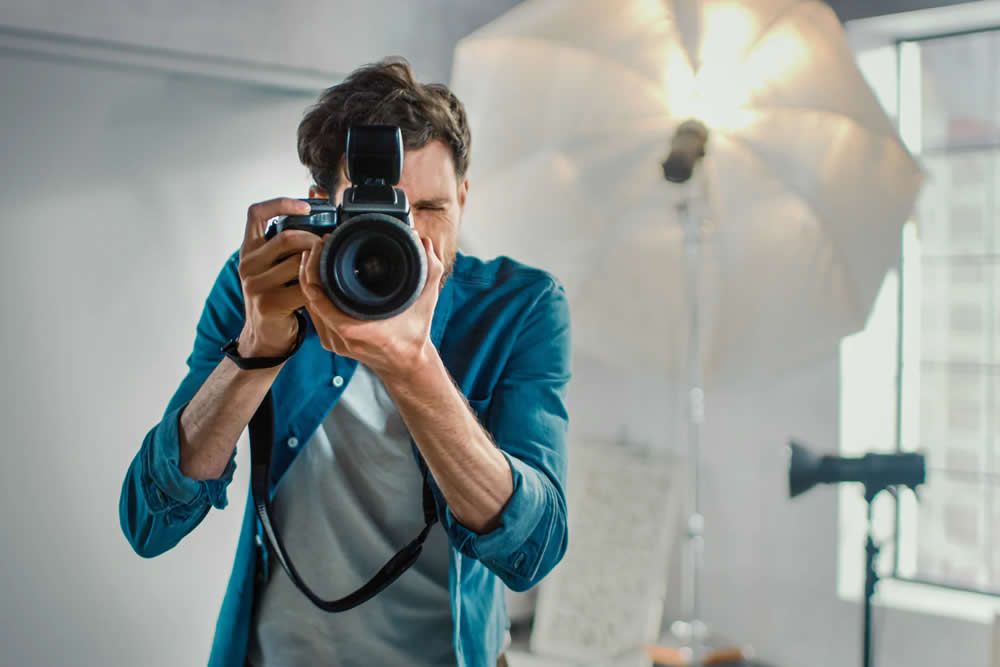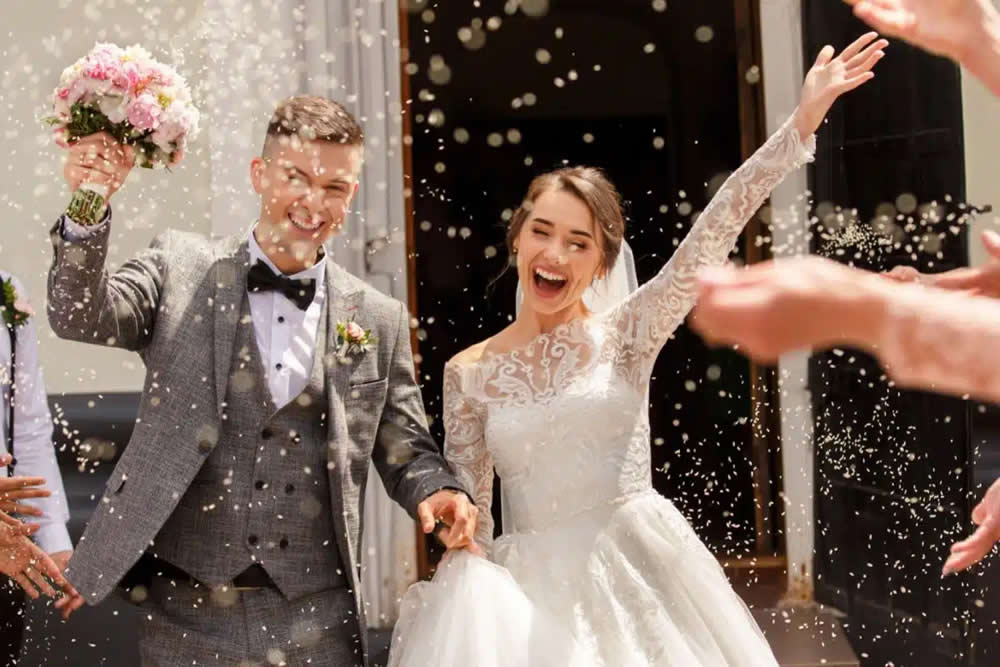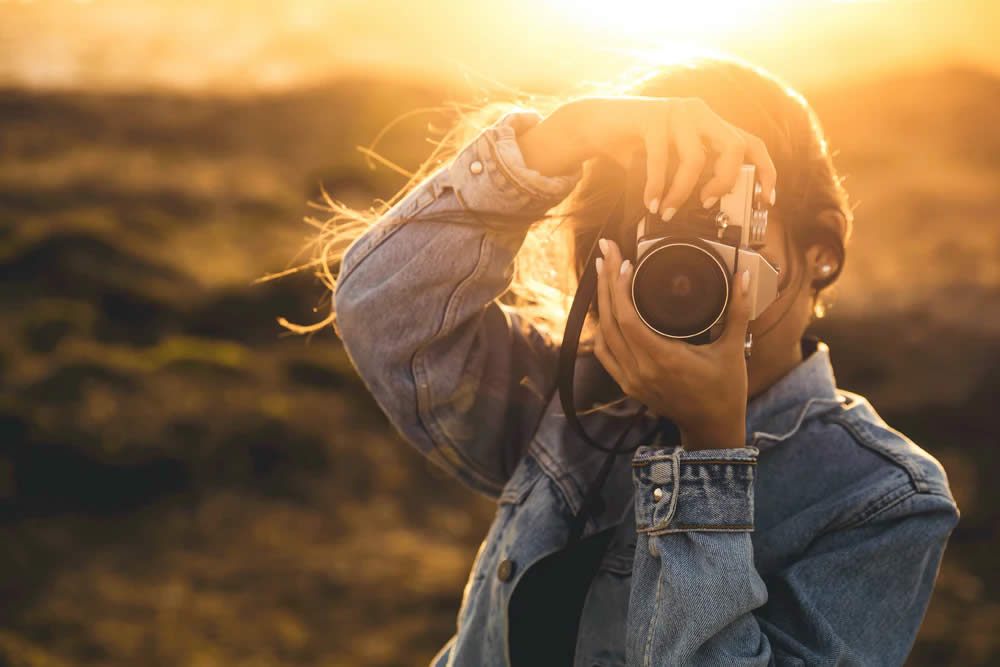Take a deep breath in and out, close your eyes, and imagine for a moment that you are a sought-after, professional photographer. Represented? What are your feelings? Feeling a surge of inspiration? Yes! Fine! And now, in order for your internal picture to become a reality, proceed to action. And the first of them: read this article to the end, because in it you will find many tips and recommendations that answer the main question: “How to become a photographer from scratch on your own?”
Forward to action, and even as you read, keep in mind your own image of a successful photographer.
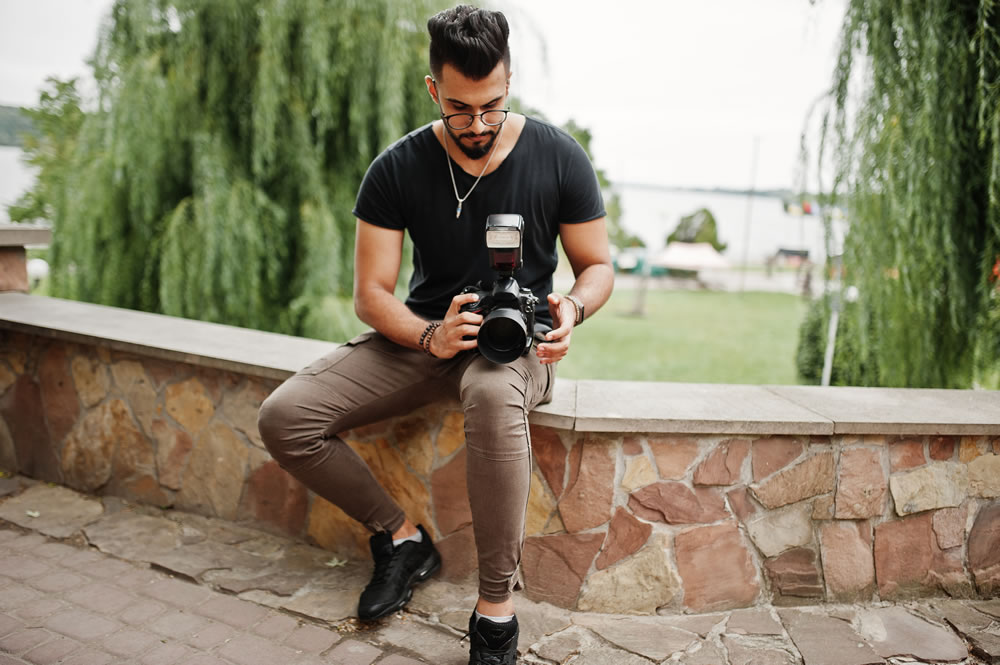
How to become a photographer from scratch on your own?
#1 Look for answers to your questions
Questions are good if you have them, it means you are interested in something and want to develop. Asking questions and looking for answers is part of the learning process. Your question is: “How to become a photographer from scratch on your own?” brought you here to my blog about photography, where I share my experience and answer many questions of beginner photographers in articles.
There are a lot of useful materials about photography on the Internet, so learning the basics of photography is very easy. For example, by clicking on one of the following links, you can find out information about the topic indicated in the title:
- Camera aperture
- Exposure on the camera
- ISO
- Exposure in photography
- White balance
Try to read specialized literature on photography. Or get an article from a professional writer by https://collegepaper.net/. Photography blogs and podcasts also have enough information to help you understand the basics of photography and learn more about lighting, posing, photography equipment, and photo editing. Start small, with what you have, and then as you move forward and master new skills, you will feel more and more confident. Professional photography is one of the few areas where structured education at an educational institution is not a prerequisite for becoming a photographer, and having a certificate or other “crust” does not at all guarantee the level of future success and demand for a photographer.
#2 Online photography courses
If at some point in your self-study you want to learn more, but you are currently working full-time, then you can choose from a range of online photography courses that will give you a good grasp of the basics. While the really good courses are paid, there are also some free online photography courses that are quite good. You can take these courses in your spare time and improve your skills. You can also join weekend photography workshops to build your portfolio to form the backbone of your journey as a professional photographer. Also, if you are a supporter of academic education, you can enter the university to specialize in media. Some optional tasks can be delegated https://typemyessay.me/service/research-paper-writing-service/ and take the time to be creative.
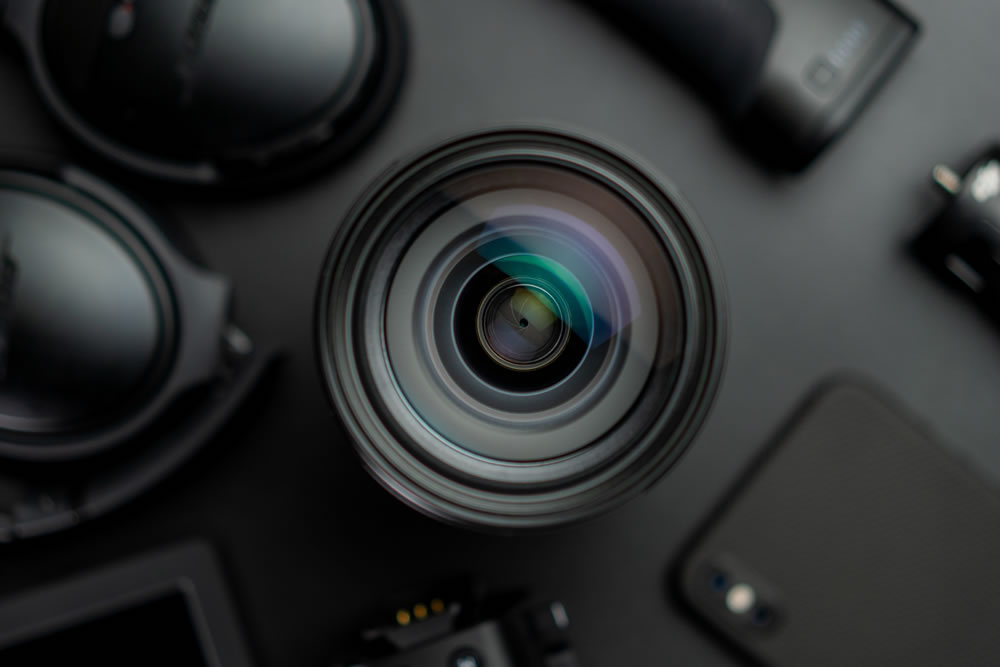
#3 Photo equipment
Start with what you have, work with it. The artist is much more important than the quality of the paints and the easel, and also with photography, the photographer is more important than the camera. Improve your shooting technique as much as your current equipment allows.
Some genres of photography require special photography equipment, such as underwater photography, which I especially love, or macro photography. Just to become a photographer from scratch, there is no need to buy an expensive camera and lenses right at the start. A standard camera with a standard lens will be enough to study all the details of the theory of photography and learn to see beautiful shots, which is already happening on a subconscious level for a professional photographer. But to achieve this, a beginner photographer needs a lot of hard practice, and this can be done with a standard digital camera.
When you have a financial opportunity, you will improve your camera and purchase additional lenses. I did just that and wrote about it in the article: Start with what is.
#4 Assistant to a professional photographer
If you manage to get a job as an assistant to a professional photographer, it will help you get hands-on shooting experience. When you get the chance, focus on seeing the photographer at work during actual photo shoots, photo editing. Being in the company of a professional photographer will give you a chance to see how to run a business and how to communicate with clients.
Try searching for assistant jobs on job sites, or write directly to a photographer whose shooting style you like. Sometimes they may require you to complete the technical task and write a research, you can find help here: https://writemypapers.me/service/research-paper-for-sale/.
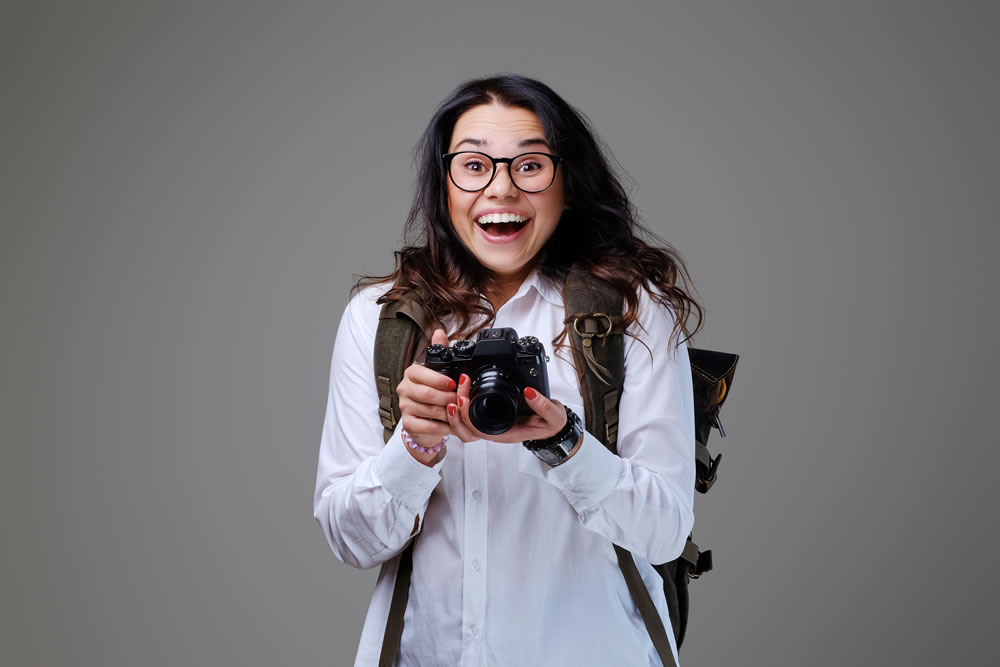
#5 P ractice and genre of photography
After learning the theory of photography, it’s time to start practicing, practicing and practicing again. Well, if you have the opportunity, take pictures every day. Even an hour-long walk with a camera in the area of residence is a chance to train their creative vision of the world.
At the very beginning, take pictures of everything that interests you, that you consider worthy of attention; it’s best to shoot at different times of the day so you can learn how to set up your camera in daylight, evening, or night.
Over time, you will gather a collection of photos, looking through which you can understand what you are most interested in photographing. And it will give you a hint in what genre of photography you would like to shoot. And then, after you decide, try to do more practice in the chosen genre. Do you want to shoot portraits, travel, weddings, fashion, concept art photography, reportage or commercial photography?
Research the niche you want to fill. For example, if you want to become a wedding photographer, find wedding photographers’ websites and learn from their work. And when you have the opportunity, then visit the master classes of professional photographers you like.
Follow your heart and trust your creative vision. This will help you develop a unique author’s style.


